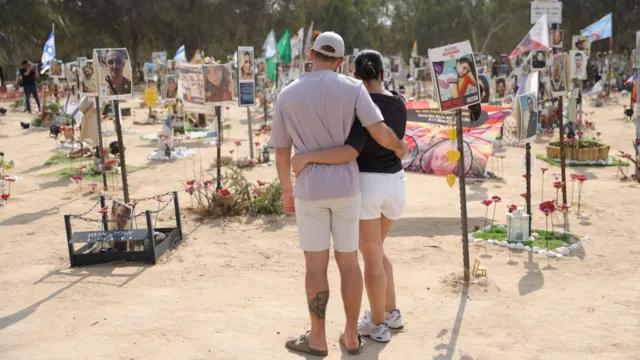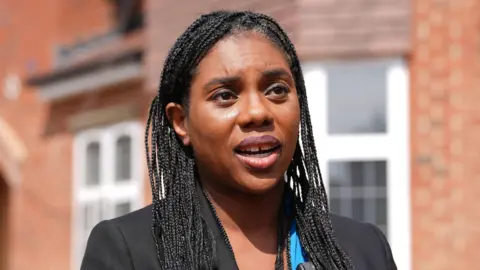Hamas Accused of Using Sexual Violence as “Genocidal Strategy” in October 7 Attacks, Report Claims
Hamas Accused of Orchestrating Sexual Violence as a “Genocidal Strategy” During October 7 Attacks
An all-women group of Israeli legal and gender experts has released a comprehensive report detailing allegations that Hamas systematically employed sexual violence as a core component of its “genocidal strategy” during the October 7, 2023, attacks on Israel. The report, compiled by The Dinah Project, asserts that these horrific acts were not isolated incidents but a deliberate tactic aimed at terrorizing and dehumanizing Israeli society.

The report’s findings are based on a meticulous review of extensive evidence, including harrowing first-hand testimonies from a survivor of an attempted rape and 15 former hostages held in Gaza. It also incorporates accounts from numerous witnesses who observed sexual assaults firsthand. The Dinah Project, founded in the aftermath of the attacks to champion justice for victims, aims to provide a legal framework for prosecuting these atrocities, even in instances where direct attribution to individual perpetrators may be challenging.
Hamas has consistently denied accusations that its forces engaged in sexual violence or mistreated female hostages. However, these claims are corroborated by findings from a UN mission in March 2024, which concluded there were “reasonable grounds” to believe that conflict-related sexual violence, including rape and gang rape, occurred across multiple locations during the October 7 attacks. The UN mission also found “convincing information” that hostages had endured sexual violence, encompassing rape and sexualised torture.
Further underscoring the gravity of these allegations, the International Criminal Court’s prosecutor had previously accused three senior Hamas leaders of the crimes against humanity of rape and other forms of sexual violence, in addition to murder, extermination, and torture, prior to their deaths.
Disturbing Accounts of Violence and Abuse
Warning: The following content contains graphic descriptions of rape and sexual violence.
The Dinah Project report details deeply disturbing accounts, including that of a female survivor of the Nova music festival attack who described an attempted rape and sexual assault. Another former hostage reported being subjected to forced sexual acts, preceded by sexual abuse and sexual harassment, both verbal and physical. This individual, along with six other former hostages, also endured forced nudity – a traumatic experience shared by multiple individuals held captive.
The report highlights that nearly all hostages experienced verbal harassment and many faced physical harassment, including unwanted sexual contact. Furthermore, six hostages reported experiencing threats of forced marriage. Male hostages were not spared, with two recounting instances of forced nudity and subsequent physical abuse while naked. One of these individuals also described the horrific experience of having all his body hair forcibly removed.
Evidence gathered from witnesses suggests that sexual violence was not only present but was “widespread and systematic” on October 7. The report meticulously documents specific incidents, including multiple cases of gang rape, severe sexual assaults (some occurring during captivity), and instances of mutilation. These acts were reported at various locations, including the Nova music festival, the Nahal Oz military base, the Route 232 road, and within captivity in Gaza.
First responders provided accounts of dozens of cases exhibiting “clear signs of sexual violence” across six key locations: the Nova festival, Route 232, and the kibbutzim of Be’eri, Alumim, Nahal Oz, and Re’im. The report tragically notes that many victims were “permanently silenced,” either by being killed on October 7 or by suffering trauma so profound that they were unable to speak about their experiences.
Establishing Accountability: A Legal Blueprint for Justice
In response to the immense challenges in prosecuting such widespread atrocities, The Dinah Project has developed what it terms the “first global legal blueprint explaining how to prosecute sexual violence as a weapon of war.” This framework is designed to address situations where evidence is complex, survivors are unavailable, and direct links between individual perpetrators and specific acts are difficult to establish.
The blueprint includes a sophisticated evidentiary framework that categorizes information based on its proximity to incidents and its evidential weight. It also offers a legal strategy for establishing criminal responsibility for atrocities committed during mass attacks, even when individuals did not personally perpetrate every act or were not aware of actions taken by others. The report concludes with a powerful call for justice, emphasizing its importance not only for individual victims but also for affirming fundamental principles: that sexual violence in conflict is a grave violation of international law, that perpetrators must be held accountable, and that the international community must not permit such crimes to occur with impunity.



Post Comment